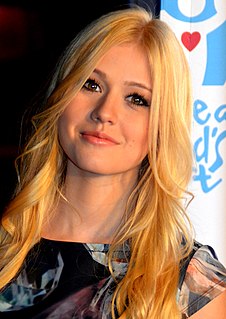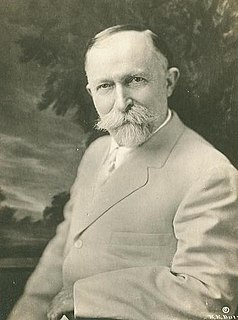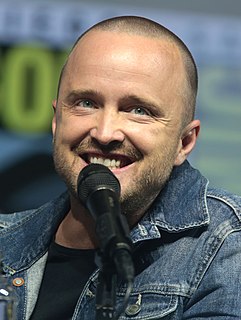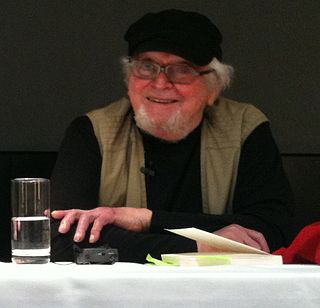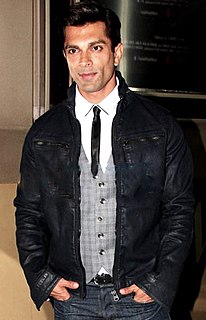A Quote by Cate Blanchett
o matter how much research you do, or invention you do, whether it's a character from a novel, a completely invented character or someone who actually existed, it's a work of faction. By the very fact you only have an hour and a half or two hours to tell a story, you're telescoping events and it is, in the end, a work of imagination.
Related Quotes
That movie [A Series of Unfortunate Events] told four books in two hours, and we have two hours per book. So we have eight hours to tell four books, and if people watch we'll get to tell more of them. There's only thirteen books, so there's only going to be two more seasons, but that allows for a lot of time to be in character and to maintain character.
A woman can be demure, lady-like and the most prim and proper character, and still have a toughness and resiliency as apparent as a superhero-type female character or a warrior or soldier type. It's all about the story, the character, and the course of events in that piece of work and how that character is presented.
Stage is so important because it teaches me how to convey character with words - how to convey how a character reacts by the way they appear on stage. I can usually tell a playwright from someone who has never written for the stage. Did the character work? Did the dialogue reveal who the character is?
My share of the work of the world may be limited, but the fact that it is work makes it precious. Darwin could work only half an hour at a time; but in many diligent half-hours he laid anew the foundations of philosophy. Green, the historian, tells us that the world is moved not only by the mighty shoves of the heroes, but also by the aggregate of the tiny pushes of each honest worker.
There is, in fact, not much point in writing a novel unless you can show the possibility of moral transformation, or an increase in wisdom, operating in your chief character or characters. Even trashy bestsellers show people changing. When a fictional work fails to show change, when it merely indicates that human character is set, stony, unregenerable, then you are out of field of the novel and into that of the fable or the allegory. - from the introduction of the 1986 Norton edition
Whether I build a character from the ground up or develop one, whether within my own copyright or in licensed work, I can step into that character's mind. It takes a kind of voluntary dissociation akin to method acting, military planning, marketing, or detective work: to think like the other guy and work out what he's going to do next.



